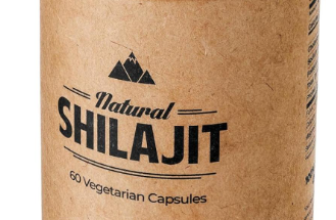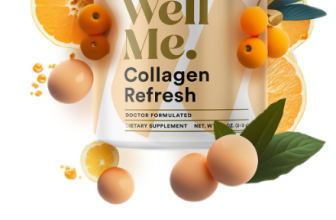Hydrolyzed Collagen: Skin & Joint Health Boost
Hydrolyzed Collagen: Skin & Joint Health Boost
Hydrolyzed collagen is known for its benefits to skin and joints. It’s a key protein that keeps tissues strong. It helps keep skin soft and joints moving well.
As more people learn about it, hydrolyzed collagen is becoming popular. It’s seen as a natural way to fight wrinkles and joint stiffness. This meets the growing need for natural health products.
Key Takeaways
- Hydrolyzed collagen supports skin health by improving elasticity and reducing wrinkles.
- This protein is essential for maintaining joint health and functionality.
- It is marketed as a natural solution to combat aging effects.
- Rising demand for natural health products boosts the popularity of hydrolyzed collagen.
- Collagen supplement benefits are increasingly recognized in the nutrition and wellness sector.
Understanding Hydrolyzed Collagen
Hydrolyzed collagen, also known as collagen peptides, is getting more popular in health and beauty products. Let’s explore how it’s made and its benefits.
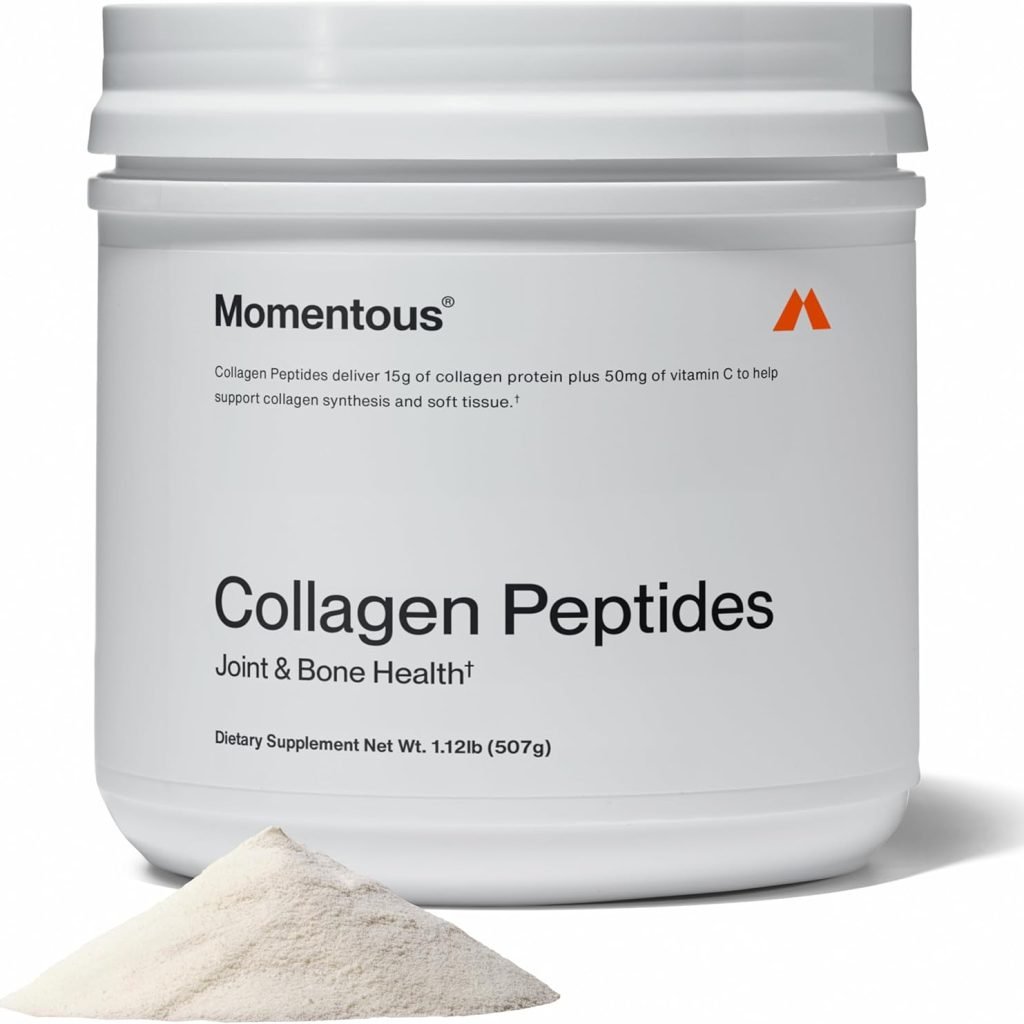
What is Hydrolyzed Collagen?
Hydrolyzed collagen is a type of collagen broken down into smaller peptides. This makes it easier for our bodies to absorb. It comes from animals like cows, pigs, and fish.
The process of breaking down collagen creates a product our bodies can use better. This is great for keeping our skin elastic and our joints healthy.
How is Hydrolyzed Collagen Made?
Making hydrolyzed collagen involves several steps to ensure quality and purity. Here’s a quick look at how it’s done:
- Pretreatment: Raw animal materials get a pretreatment to remove fats and impurities.
- Enzymatic Hydrolysis: Enzymes are used to break down the collagen into smaller peptides. This makes it more bioavailable.
- Refinement: The hydrolyzed collagen is refined to remove any leftover enzymes. This makes the final product pure and ready for use.
Knowing how hydrolyzed collagen is made helps us make smart choices. It’s a powerful ingredient for healthy skin and joints.
The final product is refined and offers many benefits. It’s a great choice for anyone looking to improve their health.
Types of Collagen: What You Need to Know
Knowing about the different types of collagen is key to picking the right supplement. Each type of collagen has its own role in our bodies. We’ll look at the main types and how they help our skin and joints.
Type I and III: Best for Skin
Type I and type III collagen are the most common in our bodies. They’re vital for keeping our skin healthy. Found mainly in skin, bones, and connective tissues, they make our skin more elastic and reduce wrinkles.
Type II: Specific for Joints
Type II collagen is mostly in cartilage and is key for joint health. It supports the joints, keeping them strong and flexible. Taking type II collagen supplements can help keep joints healthy, easing discomfort and improving movement.
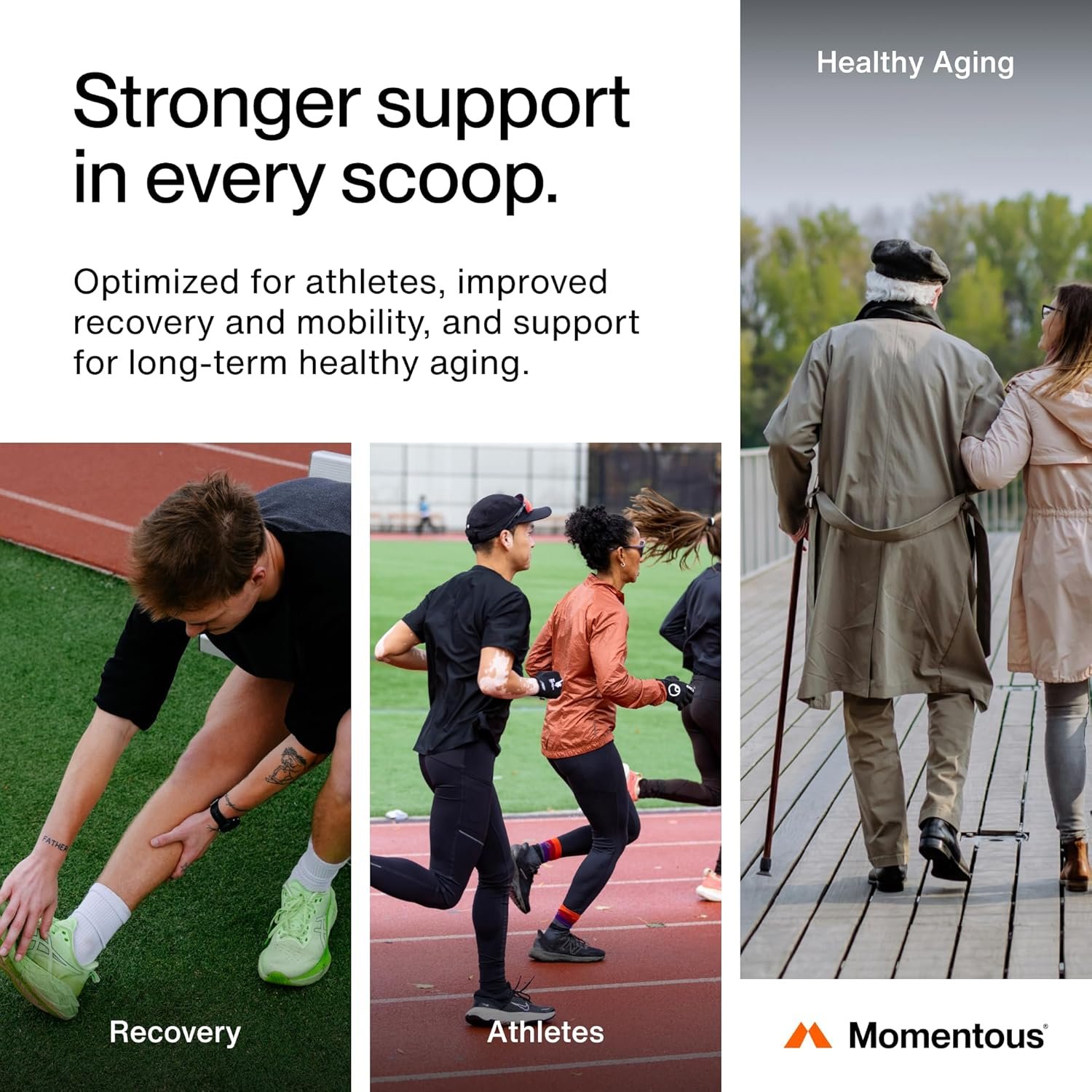
Hydrolyzed Collagen vs. Undenatured Collagen
It’s important to know the differences between hydrolyzed collagen and undenatured collagen. Hydrolyzed collagen, also known as collagen peptides, is broken down into smaller pieces. This makes it easier for the body to absorb. It’s often used in supplements to improve health, including skin and joints.
Hydrolyzed Collagen (Collagen Peptides)
Hydrolyzed collagen, or collagen peptides, is made by breaking down collagen fibers. This process makes it easier for the body to digest. It’s good for making skin look better, reducing wrinkles, and helping joints. Many people use collagen peptides because they work well.
Undenatured Type II Collagen (UC-II)
Undenatured collagen, like UC-II, keeps its original structure. This is good for joints because it can help the immune system. UC-II works by stopping the immune system from breaking down cartilage in joints. This helps with joint pain. It’s different from hydrolyzed collagen because it’s not broken down into smaller pieces.
In short, both types of collagen have their benefits. Collagen peptides are great for overall health because they’re easily absorbed. UC-II collagen is best for joints because it helps the immune system. Knowing these differences helps pick the right collagen supplement for your health needs.
Hydrolyzed Collagen: Benefits for Skin and Joints
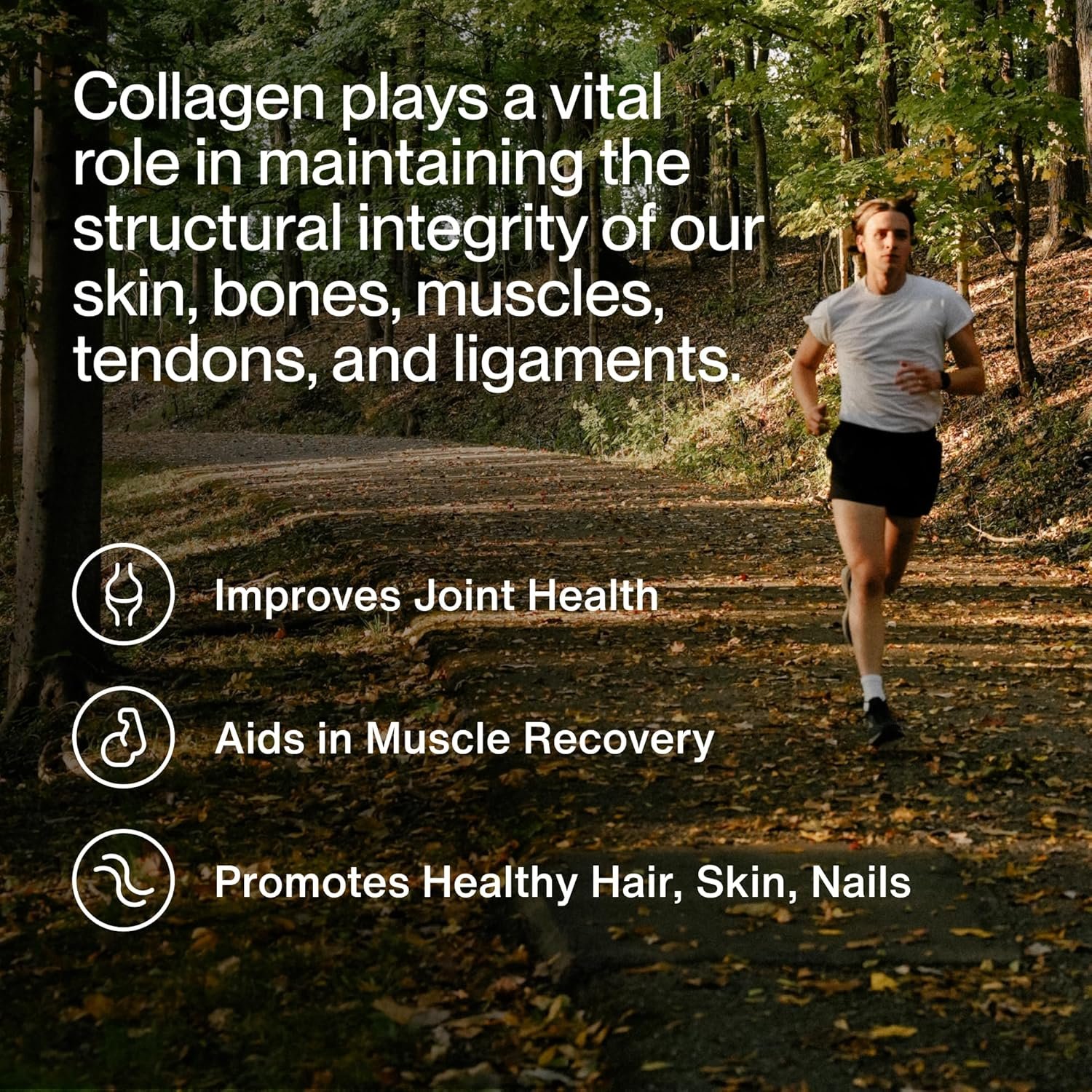
Hydrolyzed collagen is great for your skin and joints. It breaks down collagen into smaller pieces. This makes it easier for your body to use.
Skin Health Benefits
Hydrolyzed collagen is good for your skin. It helps keep your skin hydrated and elastic. This reduces wrinkles and fine lines.
Joint Health Benefits
Hydrolyzed collagen is also good for your joints. It can help reduce joint pain and improve how your joints work. This is great for people with osteoarthritis.
Many people find that it makes their joints more mobile and less painful.
Scientific Evidence and Studies
There’s a lot of collagen scientific evidence out there. Studies show that hydrolyzed collagen improves your skin and joints. People who take it often see less wrinkles and joint pain.
This matches what many people have said about its benefits.
how to Use Hydrolyzed Collagen
Adding hydrolyzed collagen to your daily routine is easy and beneficial. It’s broken down for better absorption and digestion. Here’s how to use it, including different supplement forms and the right dosage.
Forms of Hydrolyzed Collagen Supplements
Hydrolyzed collagen comes in various forms to fit your lifestyle. You can find it in powders, capsules, and liquids.
- Powders: Great for mixing into drinks like smoothies or coffee. They’re usually flavorless, so they won’t change the taste of your beverages.
- Capsules: Perfect for those who like a simple, measured dose. Capsules are easy to carry and fit into your daily routine.
- Liquids: Ready-to-drink options are quick and easy. They often have flavors to make taking them more enjoyable.
Recommended Dosage
The recommended collagen dosage is between 2.5 grams and 15 grams daily. This amount varies based on your health goals, like improving skin or joint health. It’s important to stick to the dosage your supplement maker suggests for the best results.
To get the most out of hydrolyzed collagen, choose the right supplement form and follow the recommended dosage. This will help you see improvements in your skin and joints.
Collagen and Skin Beauty
Collagen is key to making our skin look good. It helps our skin stay elastic and wrinkle-free. It’s a main part of our skin’s structure, keeping it firm and soft. Taking hydrolyzed collagen supplements regularly can boost our body’s collagen levels. This makes our skin look younger and more vibrant.

Improving Skin Elasticity
Collagen makes our skin elastic. As we get older, our body makes less collagen. This leads to sagging skin. Adding hydrolyzed collagen to our daily routine can make our skin firmer and younger-looking.
This helps keep our skin healthy and supple. It’s important for maintaining a youthful appearance.
Reducing Wrinkles
Collagen also helps reduce wrinkles. Wrinkles and fine lines show as we age. When we don’t make as much collagen, these signs get worse.
Using hydrolyzed collagen can fill in these lines. This makes our skin smoother and tighter. It helps us look younger.
Collagen and Joint Health
Collagen is getting a lot of attention for its role in joint health. It helps keep cartilage strong. Taking collagen for joints regularly can be very helpful.
Reducing Joint Pain
People with joint pain, like those with osteoarthritis, might find relief with collagen. Joint health supplements with collagen can lessen inflammation. They also help fix damaged cartilage, which reduces pain.
Studies back up these benefits. This makes collagen a good choice for natural pain relief.
Improving Mobility
Collagen supplements do more than just ease pain. They also help improve how well you move. As we get older, it’s important to stay flexible and move easily.
Collagen keeps joints lubricated and working well. This is key for improving mobility in everyday life. Taking joint health supplements with collagen helps keep joints healthy. It lets people stay active, even as they get older.
Dietary Sources of Collagen
Collagen supplements are popular, but natural sources are just as good. We’ll look at foods rich in collagen and those that help make more. This will help you get the most from your diet.
Foods High in Collagen
Eating foods high in collagen boosts your collagen intake. Here are some great options:
- Bone broth: It’s full of proteins that help make collagen.
- Fish with bones: Small fish like sardines or mackerel are great sources.
- Beef and chicken: Tough cuts have lots of collagen.
Collagen Boosting Foods
To boost your collagen, eat foods that help your body make more. Add these to your diet:
- Berries: Blueberries, strawberries, and raspberries are full of vitamin C.
- Citrus fruits: Oranges, lemons, and grapefruits have antioxidants and vitamin C.
- Leafy greens: Spinach, kale, and Swiss chard have zinc and vitamins for collagen.
Mixing these foods with collagen boosters is a great way to improve your collagen levels.

Potential Side Effects and Considerations
Collagen supplements are usually safe, but there can be side effects. Some people might feel bloated, have heartburn, or feel full. Knowing about these side effects is important when picking a collagen supplement.
Common Side Effects
Common side effects include digestive issues like bloating and heartburn. These usually go away on their own. But, if you keep feeling bad, talk to a doctor.
What to Look for in a Supplement
When picking collagen supplements, look for a few things. Choose products tested by independent groups like ConsumerLab. This ensures they are pure and safe.
Also, check where the collagen comes from. Look for grass-fed, pasture-raised bovine or wild-caught fish. This ensures quality and reduces side effects.
Lastly, read the ingredient list well. Stay away from additives, fillers, and artificial stuff. These can make side effects worse. By focusing on these points, you can pick a good supplement and avoid side effects.
- Independent testing and certification
- High-quality source (e.g., grass-fed bovine, wild-caught fish)
- Minimal additives and fillers
By considering these factors, you can reduce side effects and get the most from your supplement.
*Price may vary depending on offers and availability
If you purchase through this link, we receive a small commission that helps us continue to independently review products.
Last Updated October 21, 2025
Conclusion
Hydrolyzed collagen is great for your skin and joints. Adding it to your daily routine can make your skin more elastic and reduce wrinkles. It also helps with joint pain and improves mobility.
Choosing the right collagen supplement is key. Look at your health needs and the types of collagen available. Type I and III are good for the skin, while Type II helps joints. Always talk to a healthcare provider for advice.
Regular use of hydrolyzed collagen can greatly improve your health. It’s important to pick a high-quality supplement that matches your lifestyle and health goals. This way, you can enjoy the best benefits for your skin and joints.





